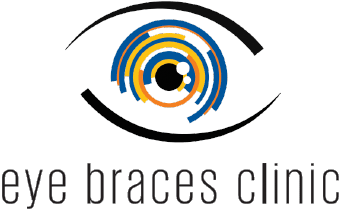COMPREHENSIVE EYE EXAMINATIONS | EYE CHECK UP
Do your eyes feel dry and fatigued, finding it hard to focus on anything for too long?
That could be a sign for you to go for an eye test!
A regular eye exam is required every now and then to maintain healthy eyes and visual acuity. Many eye diseases and age-related eye conditions barely show any symptoms in the early stages.
Even without experiencing any vision changes, it is advised to visit your eye doctor for regular eye tests.
The best way to combat vision loss is through early detection. After all, prevention is better than cure.
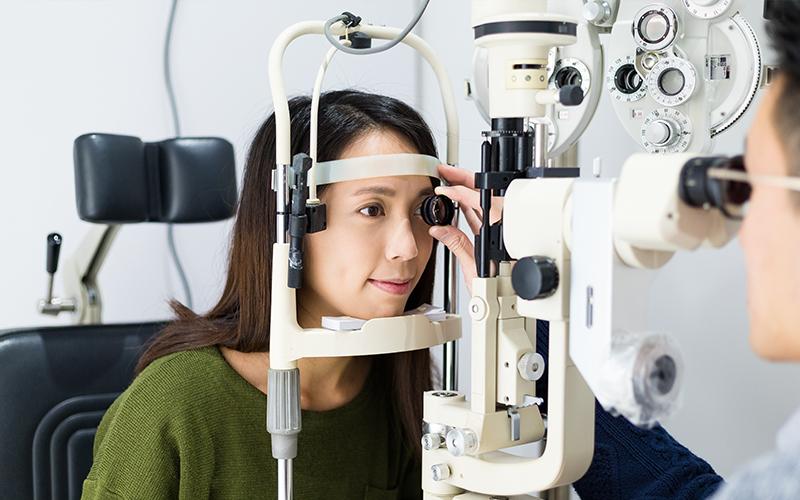
LOWER RISKS OF EYE DISEASES THROUGH EARLY DETECTION
As we get older, the eye and its delicate components are more prone to damage or illnesses.
Cataracts, glaucoma, macular degeneration, dry eyes, and eye floaters are all common eye problems that can happen as people age, interrupting the complex and intricate process of gathering, focusing and translating light into images.
Some symptoms appear gradually and might not be noticeable from day to day. However, if these diseases go unnoticed, they can cause permanent vision loss.
Our optometrists in Eye Braces Clinic are experts in correcting vision. A comprehensive eye examination will be performed with our cutting-edge technology to detect any abnormalities.
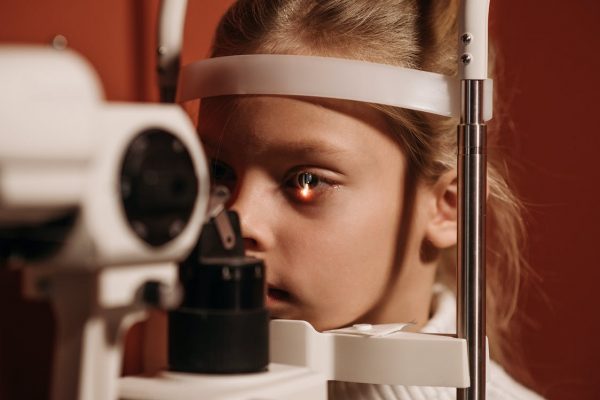
GET COMPREHENSIVE EYE EXAMS AT EYE BRACES CLINIC
A basic eye examination should not hurt at all.
Our clinic’s routine eye exam includes a physical examination of your eyes, eyelids, and surrounding areas by our professional doctors. The conjunctiva, sclera, cornea, and iris, among other parts of the eye, will be further examined for symptoms of illness.
Eye Braces Clinic’s complete eye examination consists of:
- Stereopsis Assessment
- Eye Muscles Assessment
- Visual Acuity and Refraction Tests
- Intra-ocular Pressure Examination
- Digital Corneal and Retinal Photography
- A Detailed Consultation On Your Results
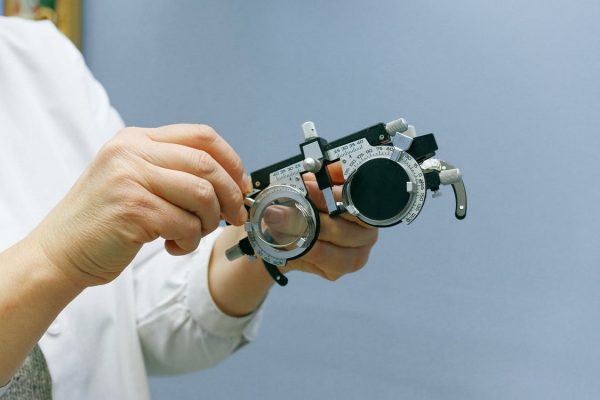
HOW OFTEN SHOULD I SCHEDULE AN EYE CHECK?
Make sure your baby gets his or her eyes checked at regular paediatric visits.
Squints (crossed eyes), lazy eye (amblyopia), and infantile myopia are all conditions that should be looked out for in children.
Age-related eye disorders are more likely to develop as you become older. Common symptoms you should look out for include:
vision alterations or pain
flashes or floaters
distorted lines
itchy, burning eyes
Adults should undergo a baseline eye disease screening when they turn 40 to keep track of any visual changes. Your eye doctor will determine how often you should have follow-up screenings.
If you have diabetes, high blood pressure, a family history of eye disease such as glaucoma, or you’re taking prescription medications that impact your eyes, you should see your ophthalmologist more frequently.
Discuss with your doctor about the best frequency between check-ups.
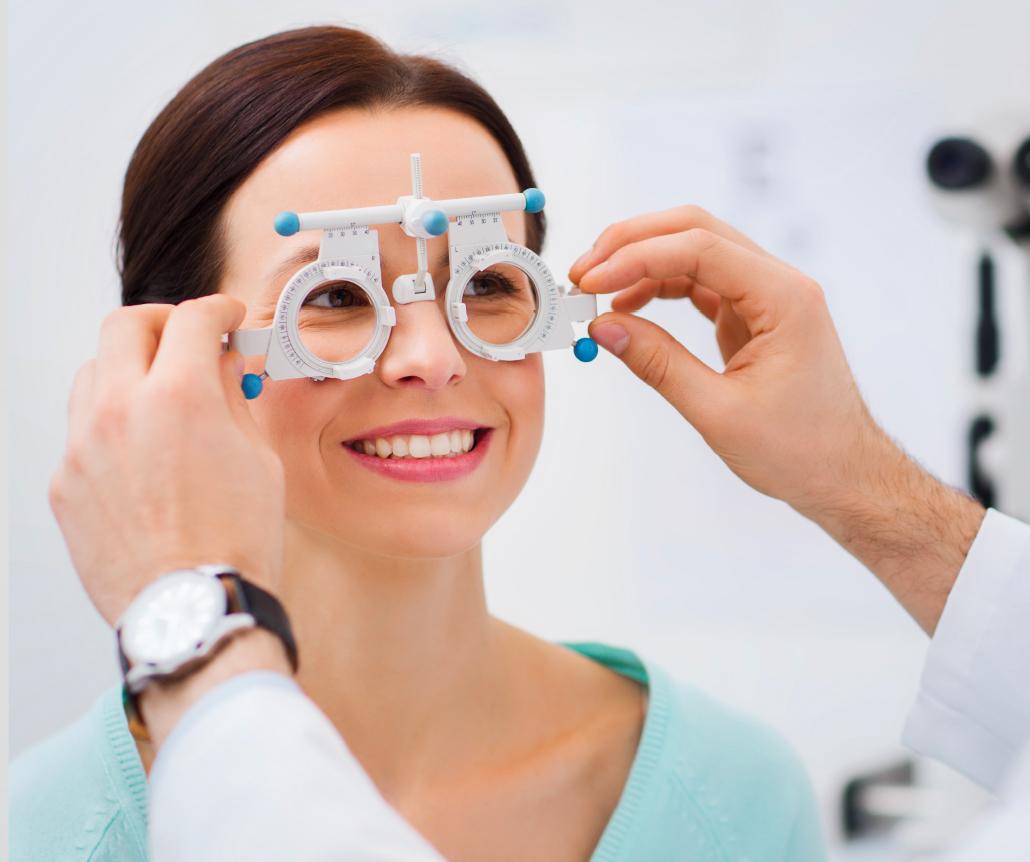
Take Care Of Your Vision, Visit Us For An Eye Examination Today
Your vision is a priceless asset, and we’re here to help you safeguard it.
Through our comprehensive eye exams, we offer a detailed look at your eye health, catching issues before they escalate.
We don’t just assess your vision – we dive deep into potential eye health concerns, from common refractive errors to more serious diseases like glaucoma, cataracts, or diabetic retinopathy.
Don’t leave your eye health to chance.
Schedule a comprehensive eye exam with us today and let our team of skilled professionals help ensure that your vision remains clear and healthy!
